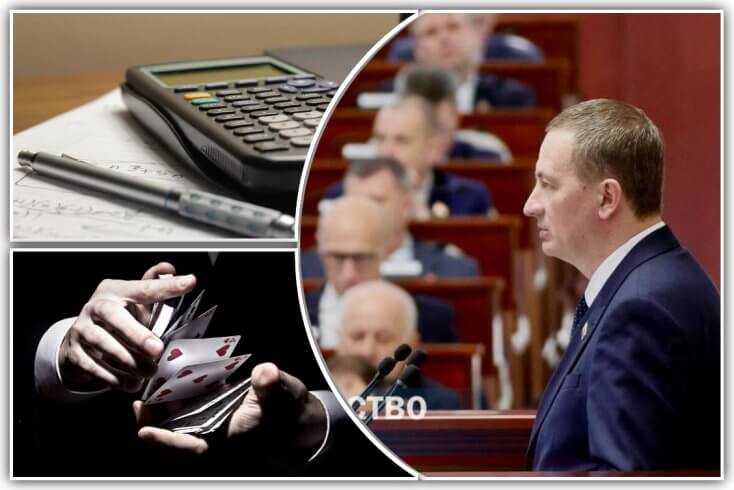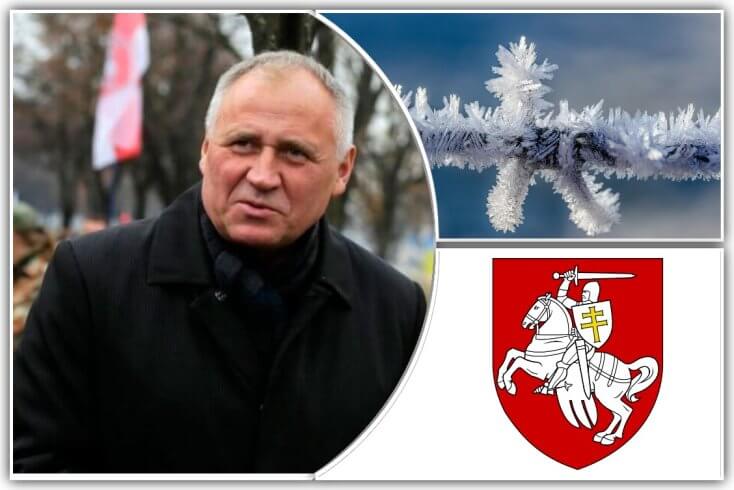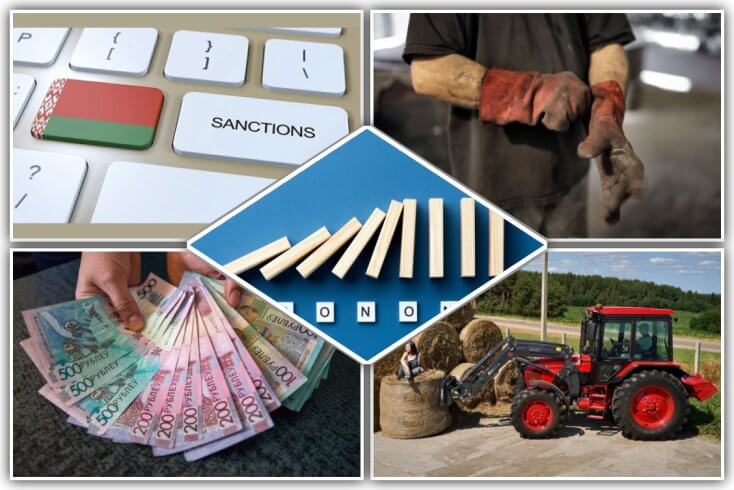The Belarusian National Republic (BNR) declared independence on March 25, 1918. Although it was short-lived, the effort has not been wasted, and Belarusians finally have a state of their own.
However, Belarus’ independence is in danger because Minsk is pursuing an adventurous alliance with Russia, gradually surrendering its sovereignty.
Protests under white-red-white flags
During the Soviet period, Belarusians did not know much about the BNR because information about it was withheld from the general public. Anniversaries of its independence were celebrated mainly by exiled Belarusians.
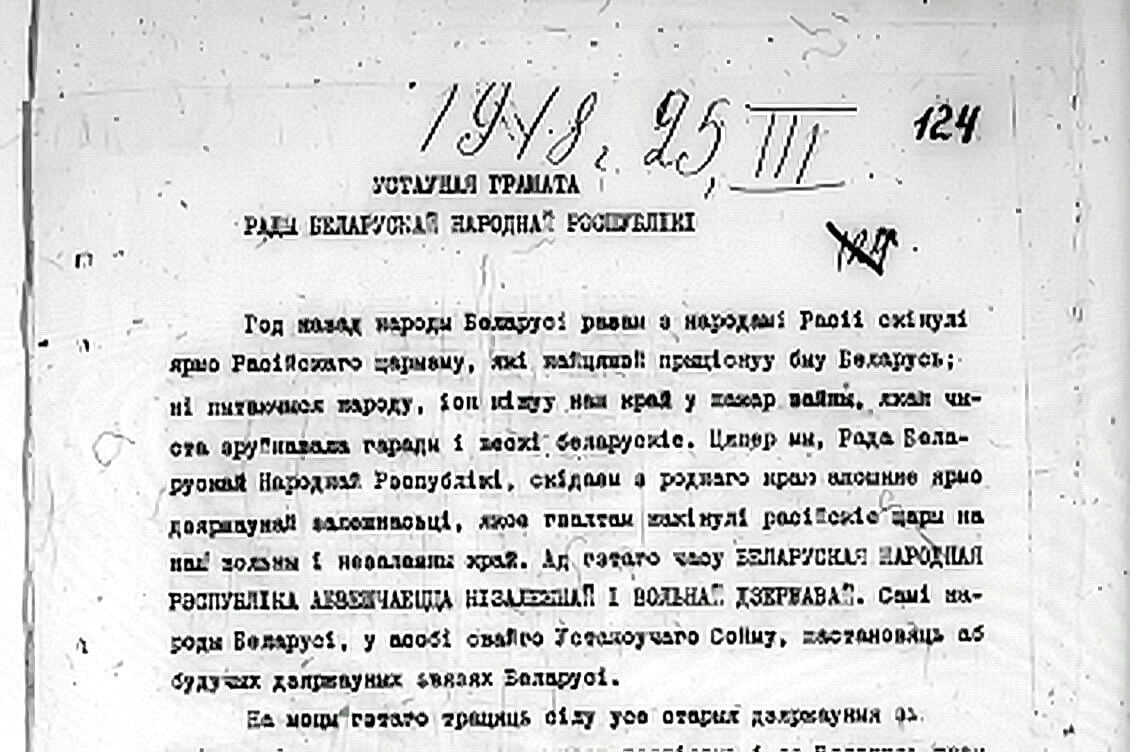
In Belarus, the BNR was back in the spotlight shortly before the break-up of the Soviet Union, as perestroika gave rise to a nationalist pro-democracy movement.
Belarusian nationalist leaders set up the Belarusian Popular Front, while the independent newspaper Svaboda proposed that the short-lived independence should be celebrated as a national holiday called Dzień Voli (Freedom Day).
In its first years of independence Belarus went through a brief period of relative democracy and national renaissance.
Freedom Day was recognized at the state level. The white-red-white flag, approved in 1918 as the state flag of the BNR, was the national flag of Belarus from 1991 to 1995.
In 1993, the government held Freedom Day celebrations at the National Philharmonic Hall with Supreme Soviet Chairman Stanisłaŭ Šuškievič and BNR Rada Chairman Jazep Sažyč in attendance.
Thirty years later, the country’s Prosecutor General’s Office labeled the BNR Rada “an extremist formation of a pro-Nazi nature” in an attempt to revise history.
After Alaksandar Łukašenka came to power in 1994, his opponents perceived Freedom Day as a symbol of resistance to his dictatorship, Soviet rules and interpretations of history, and also to Belarus’ alliance with Russia.
Freedom Day demonstrations often ended in mass arrests.
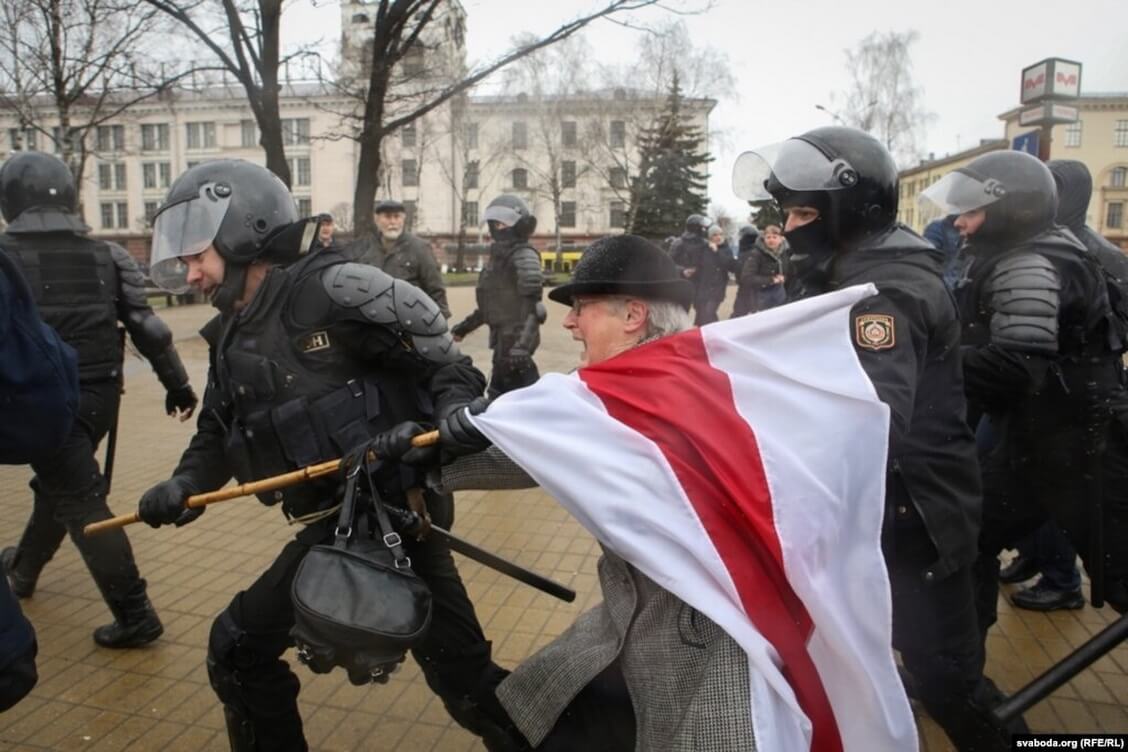
State propaganda denigrated the BNR, pouncing on a telegram that it sent to the German emperor in April 1918.
The vortex of conflicting goals, ambitions, emotions and military force in that complicated time consumed the BNR within less than a year.
The Polish-Soviet war forced the its government to go into exile, first to Kaunas in Lithuania. Later BNR leaders moved a few more times, finally settling in Canada. The BNR founders should be given credit for standing up for Belarus’ national identity and independence against steep odds.
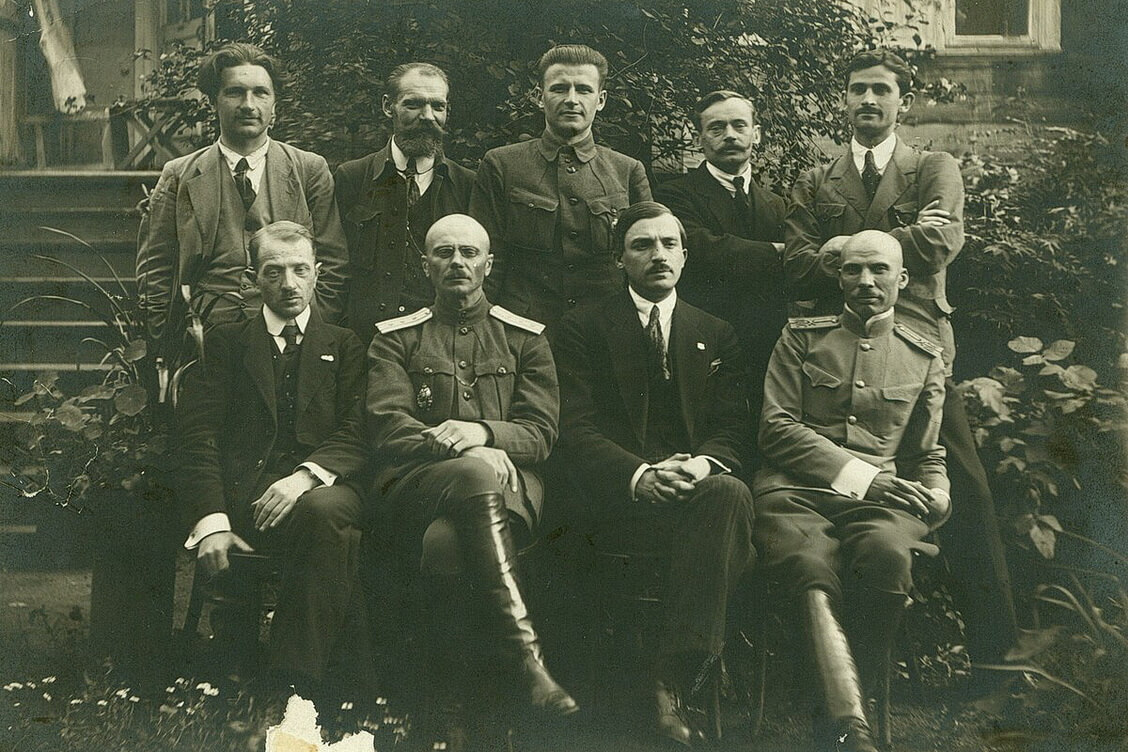
In 2018 Łukašenka spoke about the BNR founders with certain respect. “Those people who tried to create an independent Belarus . . . I would ask you not to judge them harshly . . . Their passionate desire to make Belarus independent could push them to appeal to the Kaiser or hell knows who.”
The Belarusian ruler said on March 15 that “ideologically and conceptually, the Constitution of independent Belarus is the successor of the Constitution of the Socialist Soviet Republic of Byelorussia.”
Nationalists argue that the Bolsheviks might not have established the BSSR if the BNR had not declared its independence.
During the Soviet period, Belarus’ sovereignty was fictitious. It gained real independence after the collapse of the Soviet Union.
But its sovereignty is shrinking as a result of Łukašenka’s alliance with Moscow.
Minsk authorized BNR anniversary events
Alarmed by Russia’s annexation of Crimea, the Łukašenka government gave the green light to soft Belarusization after 2015. At the time, even pro-government historians and state media interpreted the BNR’s historical significance in a more positive way.
In the biggest concession to nationalists, the government gave permission for celebrations of the BNR centenary in downtown Minsk in 2018.
About 50,000 attended the show in front of the opera house, waiving white-red-white flags.
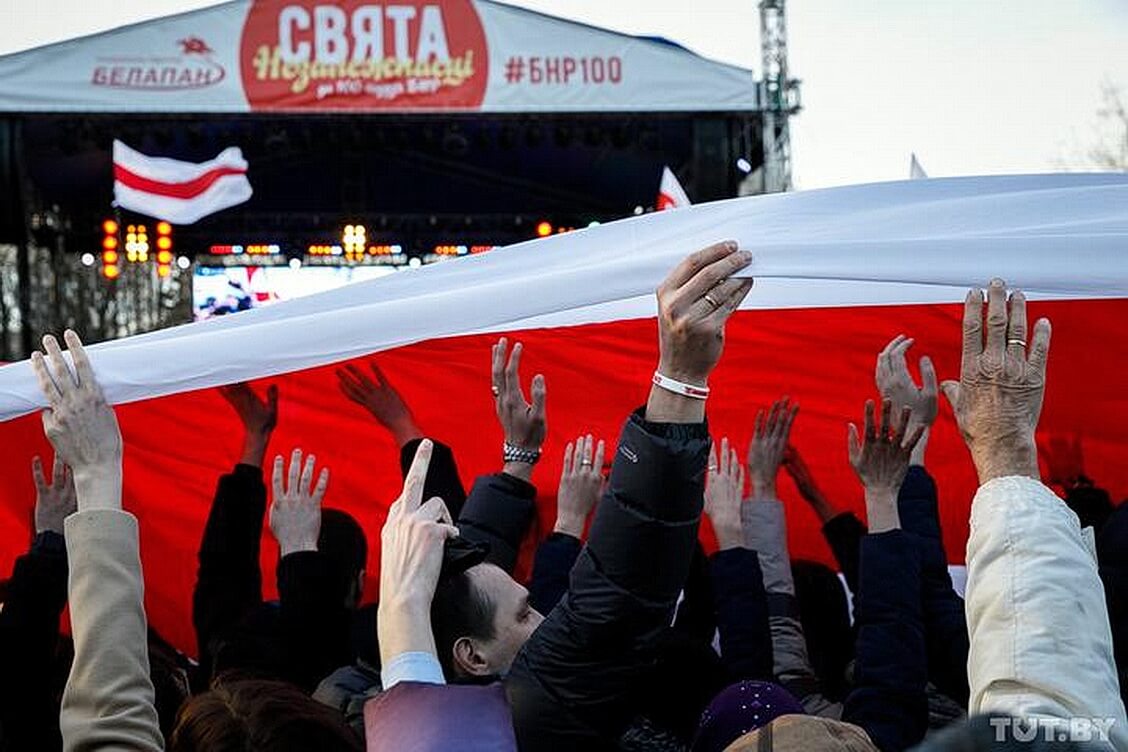
A year later, the government moved the celebrations to a less central location.
White-red-white flag banned after protests
In 2020 Belarusians waived and hanged out white-red-white flags to protest against alleged vote rigging in the presidential election and demand that Łukašenka step down. He retaliated with a violent crackdown on any symbols associated with the BNR.
Old-school nationalists were not much involved in the 2020 opposition campaign, while the team of Śviatłana Cichanoŭskaja did not use or promote white-red-white symbols.
However, the old opposition’s long-term effort to cultivate national identity and mere aesthetics made the white-red-white flag and Pahonia coat of arms, already associated with a political alternative, an easy choice for protesters.
Nationalists initially criticized Cichanoŭskaja for the lack of political platform and statements suggesting that she was open to cooperation with the Kremlin.
Raised to a fantastic level by historical circumstances, the former housewife has become a key international political player.
A fluent Belarusian speaker, she has been doing a lot to assert Belarusian national identity and denounce Russian imperialism.
Meanwhile, the government, frightened by the 2020 protests, declared the white-red-white flag fascist and prosecutes people for using it.
Belarusians cannot display the flag in Belarus on Freedom Day or any other day.
Freedom Day is celebrated abroad only, but Belarusians still hope for change in Belarus. Reprisals make people grit their teeth but cannot force them to love the brutal regime.
Discussions revolving around Freedom Day are not so much about history as they are about the future of Belarus.
It is about a major clash of two projects – an alliance with Russia, which could lead to the country’s degradation and loss of independence, and a democratic Belarus committed to European values and truly Belarusian. Democracy supporters are in a difficult situation today. Yet, they have a much better chance than those who founded the BNR. The struggle for Belarus continues.

